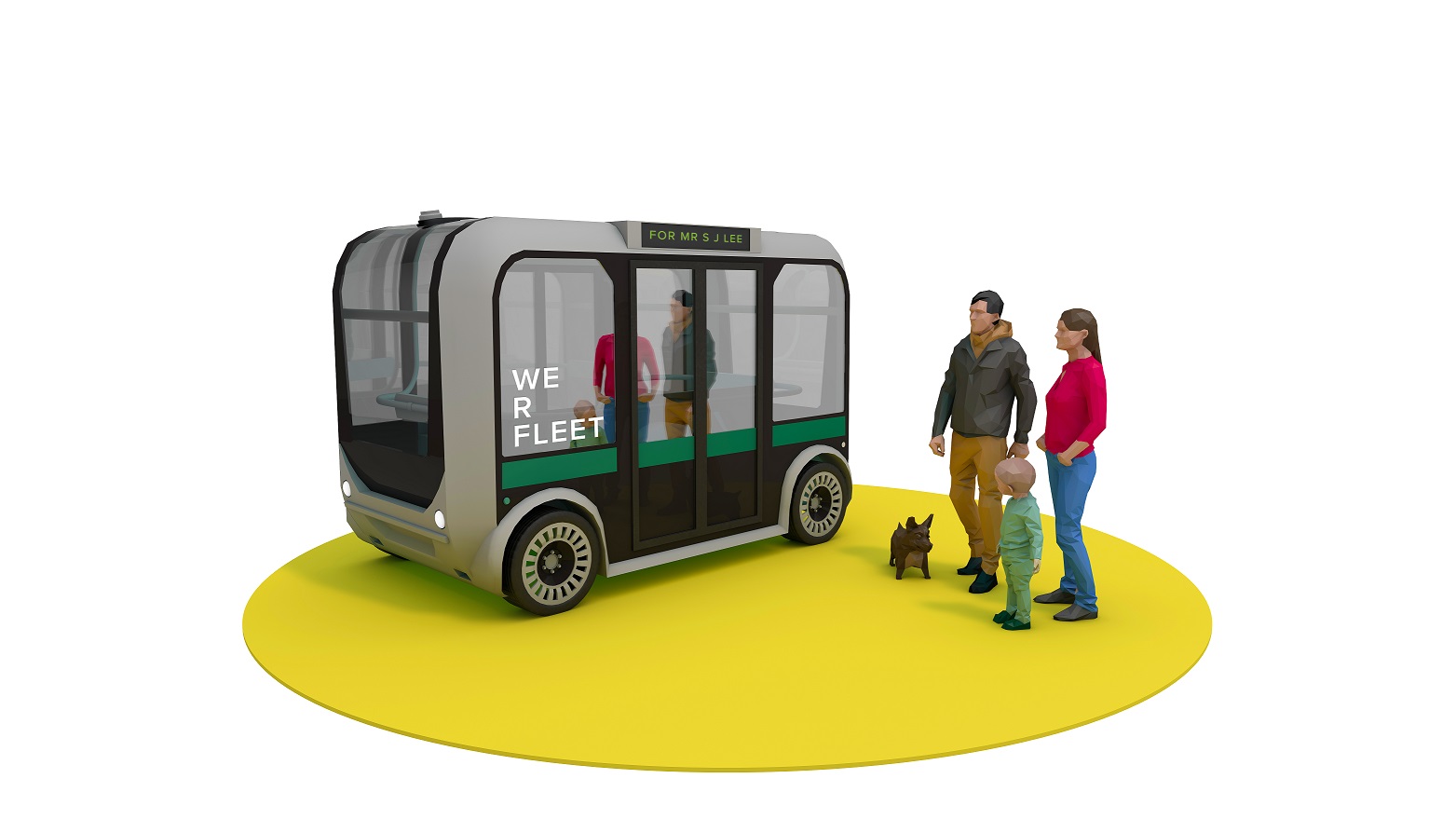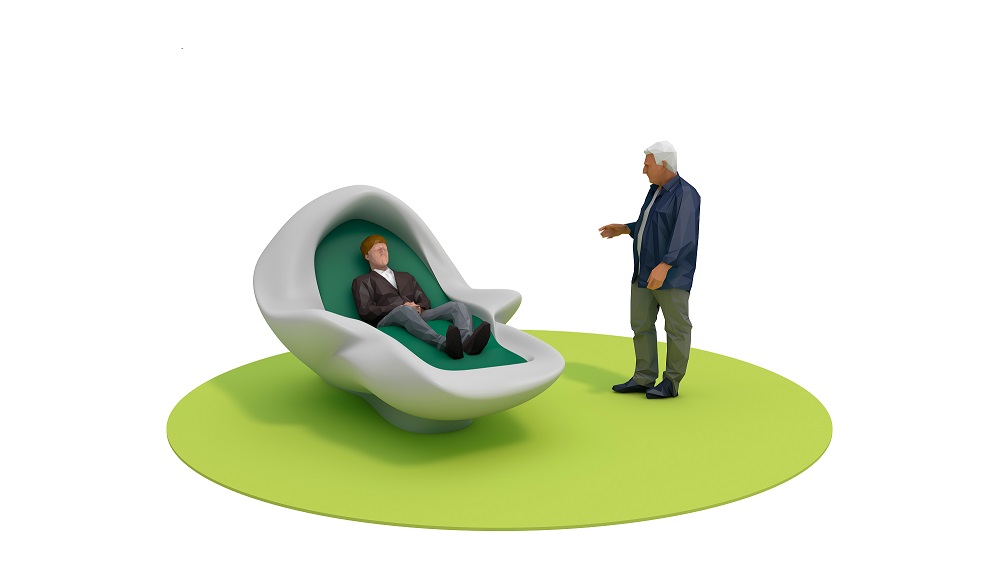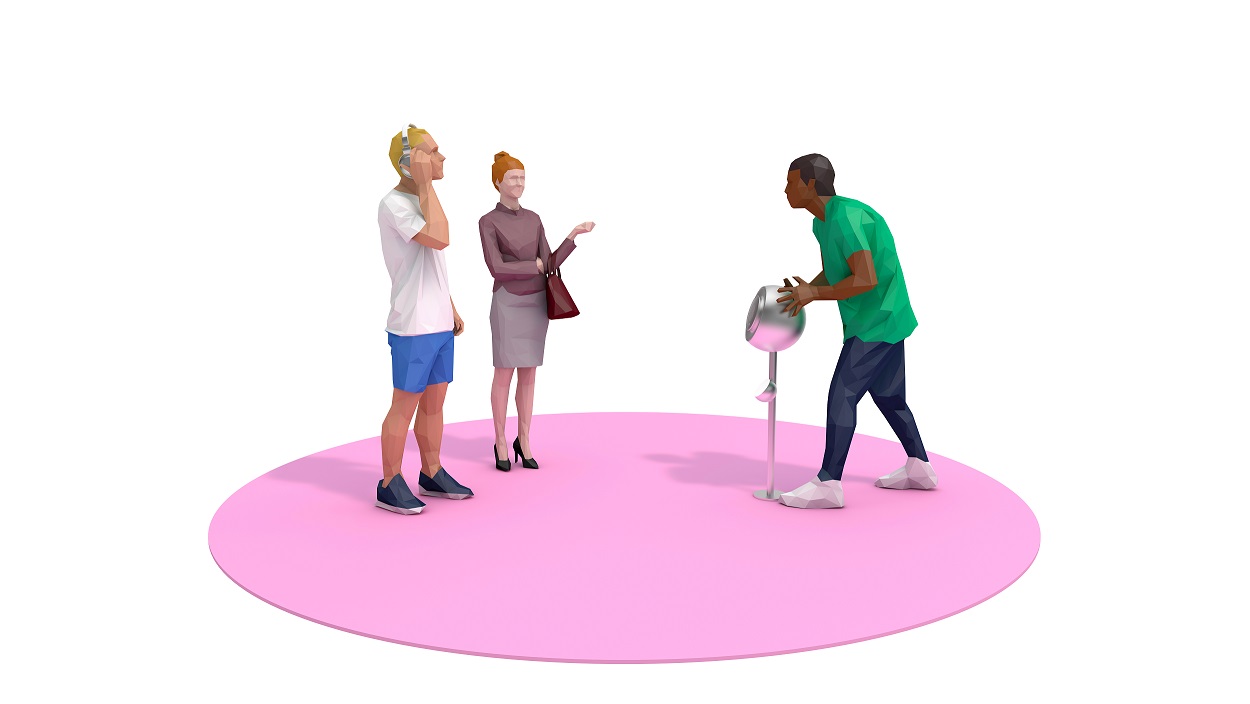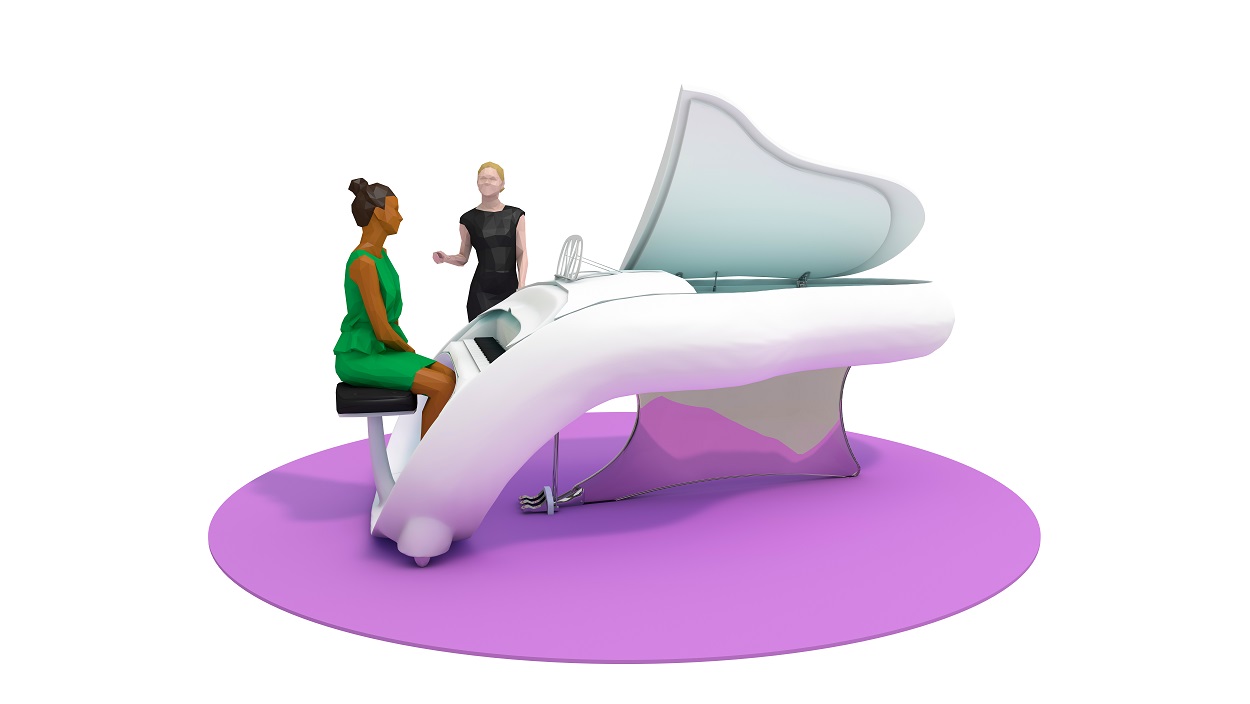Prague January 25th 2018– Automation, customisation and big data are some of the trends expected to change the retail industry and the way consumers shop in the future. CBRE, the world’s leadingreal estate services firm, revealed a series of insightsfor the retail landscape in 2030.
The Future of Retail |2030 examines 40 “futurist” insights and perspectives on how the world of retail will look different in the future – fuelled by changes in people’s lifestyles, urban environments, retail operations, logistics and other trends impacting the industry. The insights will encouragethinking about the many possible situations facing retailers and investors, and by identifying these challenges,how the retail industry canprepare for the future. Below there is the description some of the conclusions and all 40 future predictions of study Retail 2030 you can find here.
Robotics and automation – according to CBRE,retailers will increasingly invest in new technology and automation and robotics will change the number of jobs available in the retail sector by 2030. Processes will replace some of the human interface in the retail environment.
The power of prediction – As the Internet of Things becomes the new normal, the advanced integration of trillions of connected sensors will provide deeper insights into the buying patterns of consumers, enabling retailers to anticipate consumer requirements before they can themselves allowing the supply chain to become far more refined and efficient. This will allowcustomers to achieve full transparencyabout what they’re buying and help retailersto fulfil orders more effectively.
Buying what you want, where and how you want, is the norm – Advances in smart device technology allow consumers to literally buy what they see: anywhere, any time. Simple, real–time image capture analysis makes everything ‘shoppable’ from any source.
Katarína Brydone, Head of Retail at CBRE, says:
“The future of retail is going to change more than we could ever imagine. At CBRE we have taken the time to think about what will change and what it will mean for consumers and the retail industry as a whole.Physical real estate remains important as a sales channel and increasingly as a communicator of the brand and a demonstrator of experience. Retailers will have to focus more on digitization, whether it is online or offline, and link customer emotions to the brand across all communication channels. Big data has already become invaluable. It is expected that approximately 85% of emotionally interactive customers with the brand will be driven by AI (Artificial Intelligence). And last but not least, the speed of development in logistics will affect the ability of brands to respond to customer requirements. We expect changes in supply chain management, the speed and tracking of deliveries, the competencies of some product types closer to the customer, automation of delivering to households and the ability to transform many stores into showrooms with the delivery of goods to the customer at the time of arrival at home.
Other insights from the report include:
- Customer experiences are specific not generic – Knowing a customer’s buying habits, their leisure interests, their style and colour preferences means that retailers can present a uniquely personalised experience.Personalization will be the key differentiator in retailing of the future.
- Personal ownership of cars has dramatically reduced–The first step on the journey to autonomous vehicles is releasing ourselves from the shackles of the ownership cycle. Personal ownership is the exception rather than the norm. These new vehicles are produced by co-creative partnerships between technology companies and car manufacturers.
- Stores will become showrooms and brand ambassadors – Physical stores of the future will focus on delivering brand experiences. Shopping has become an immersive, sensory, brand engagement, because, despite the speed and ease of access to online merchandise, the shopper in 2030 still has the desire to visit a physical store.
- Competition for people’s disposable income has increased – Consumers have a desire for new experiences. Retailers will embrace this making the consumer experience more engaging and educational. Creating a connection with the consumer will be integral to ensuring future success.




